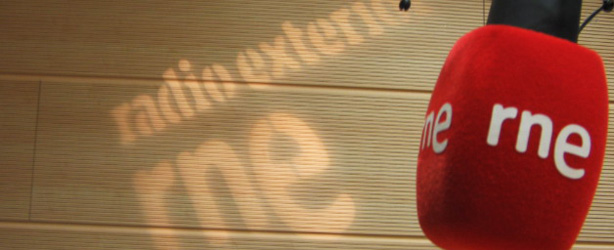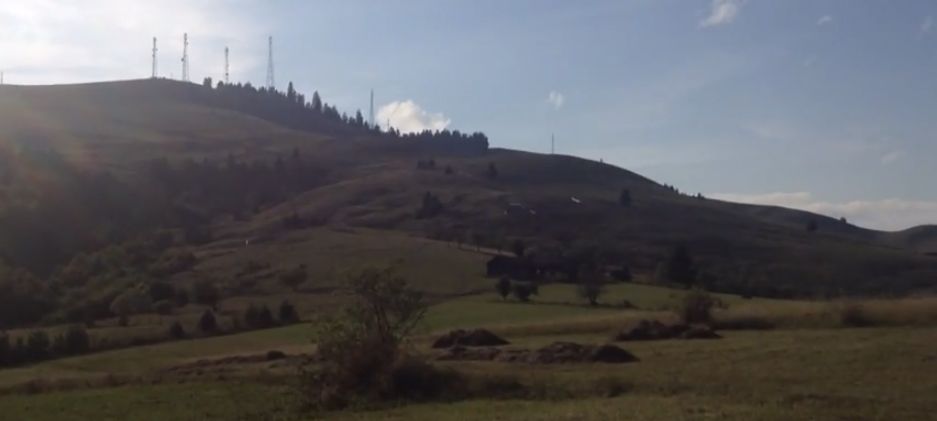In response to Listening to WWV at the source, SWLing Post reader, David (EA4998URE SWL) comments:
What a “coincidence”. Hopefully, before the summer holidays officially end, I will be off to another shortwave transmitter site. Well, to the remains of it. I will be visiting the former RFE/RL (and VOA in the last years of operation) site in Playa de Pals, near the Catalan city of Girona and also very close to my main QTH in Barcelona. The Pals RFE/RL site was from where a 1MW signal was transmitted by feeding the same audio signal to 4 Continental transmitters.
Their output signals where put in phase, then the big Group D dipole curtain was divided into two “halves” by switching the feed lines in the appropriate way. Each half of the curtain received 500KW from two transmitters. So the total was 1000KW, or 1MW. If we add the antenna gain, the ERP was in the order of several megawatts. This was a signal directed to Eastern Europe, and more specifically to Moscow, via single-hop propagation. I suppose receivers in Moscow released plenty of smoke and had to be replaced every time they were tuned to a RFE/RL signal from Pals. Hahaha!
The curtains were demolished in 2006 and because the place is abandoned now and has been repeatedly sacked, the station buildings are in a very poor situation, specially in the inside. Almost no radio hardware survives, but what is still there is quite interesting. […]
There is an excellent website (www.radioliberty.org) which is a virtual museum of all things related to the Pals station. It was created and is maintained by a former worker of the station. The language in the English version of the website is a bit “macaronic” in some parts of the site, but I think this is a minor issue given the excellent amount of information kept there.
There is also a YouTube channel (https://www.youtube.com/user/
PalsRadioStation) which keeps videos for the above website. Some of them are really long and very complete. Finally, although not part of the Pals station virtual museum website, there was even a documentary made, after the demolition of the antennas, as a tribute to the station. It can be watched in the following link although parts of it have not been translated to English: https://www.youtube.com/watch?
v=tJnxsSL3bbY
Many thanks, David!
After you visit the Playa de Pals site, later this year, please share your experience with us!





